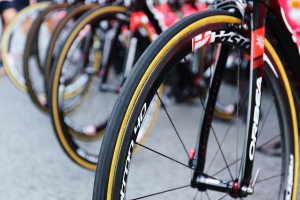
Photo by Daniel Llorente on Unsplash
Evidence shows that there is a steep drop in public transport ridership volumes by 90%. Further, it has been observed that there is upto 60% reduction in air pollution. Re-establishing the earlier level of ridership in public transport is a big challenge for cities, as people may be looking for more options especially personal modes that allow for safer travel in the post lockdown scenario.
In order to avoid resurgence of car and other private vehicle usage, many cities around the world have encouraged e-ticketing, digital payments and reallocating street space for cycling and pedestrians through street closures, creating Non-Motorized Transport (NMT) priority zones, pop-up bike lanes & sidewalks, providing parking and charging equipments and financing options to make cycling more accessible.
[the_ad_placement id=”content-placement-after-3rd-paragraph”]
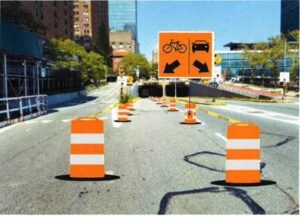
New York has added 40 miles of new NMT lanes to support cyclists; On March 20 Council Speaker Corey Johnson had urged the city to close certain streets to traffic to give more room to pedestrians and urged the state to declare bike shops “essential” businesses that can operate during the coronavirus lockdown.
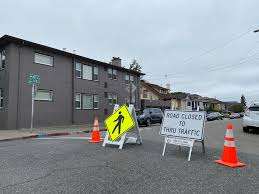
Oakland, USA has closed 10% of its streets for motor vehicles to give pedestrians, joggers, and cyclists more room for social distancing.
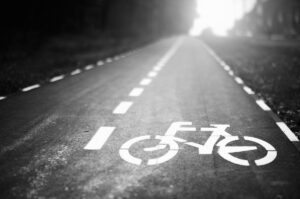
The Colombian capital of Bogotá has added 76 km (47 miles) of temporary bike lanes Further, 22km (13 miles) of the new lanes were converted overnight to open on 17 March by reconfiguring car lanes and a statement from the Mayor’s Office said: “The bicycle, being an individual means of transport, represents one of the most hygienic alternatives for the prevention of the virus, especially in this first preventive stage in which it is recommended to avoid close contact and crowds.”
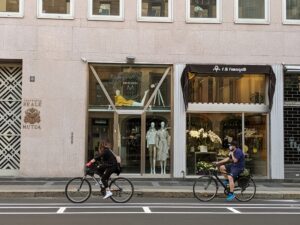
Photo Credit:
@bikeitalia
In Milan, Italy, 22 miles of streets has been transformed to cycling lanes and after lockdown, and the city rolls out plan to open more streets to cyclists and pedestrians
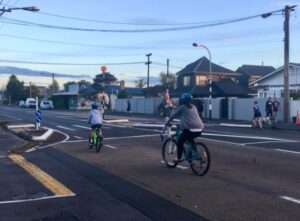
Auckland, New Zealand has removed on-street car parking and built up 17 km of temporary bike lanes in addition to widening of existing bike and foot paths.Also, city has developed a program to fund pop up bike lanes
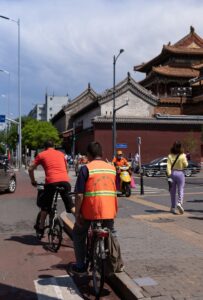
Sam-Balye/Unsplash
Promotion of bike sharing in China has led to 150% increase in trips nationwide during lockdown
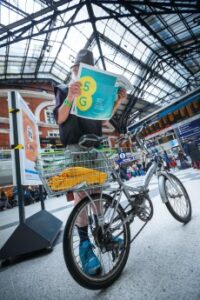
Photo by Artur Tumasjan on Unsplash
In UK, local businesses relocate road space for pedestrians to allow residents to respect social distancing guidelines, while queuing outside shop
India (Where a leading cycle manufacturing company was shut down this month)
“COVID-19 has given us opportunity to visit different Public Transport options and come out with solutions, which are green, pollution-free, convenient and sustainable. Such a strategy has to give major focus on Non-Motorized Transport and Public Transport with use of technology in a big way for making all kinds of payments before or during the transit and providing information system to commuters.” – Ministry of Housing & Urban Affairs, Government of India, in a statement on Friday.
[the_ad_placement id=”sidebar-feed”]





